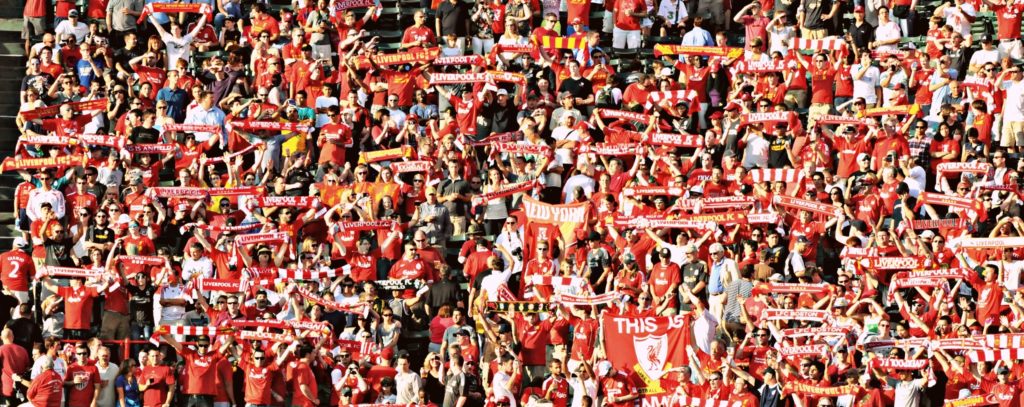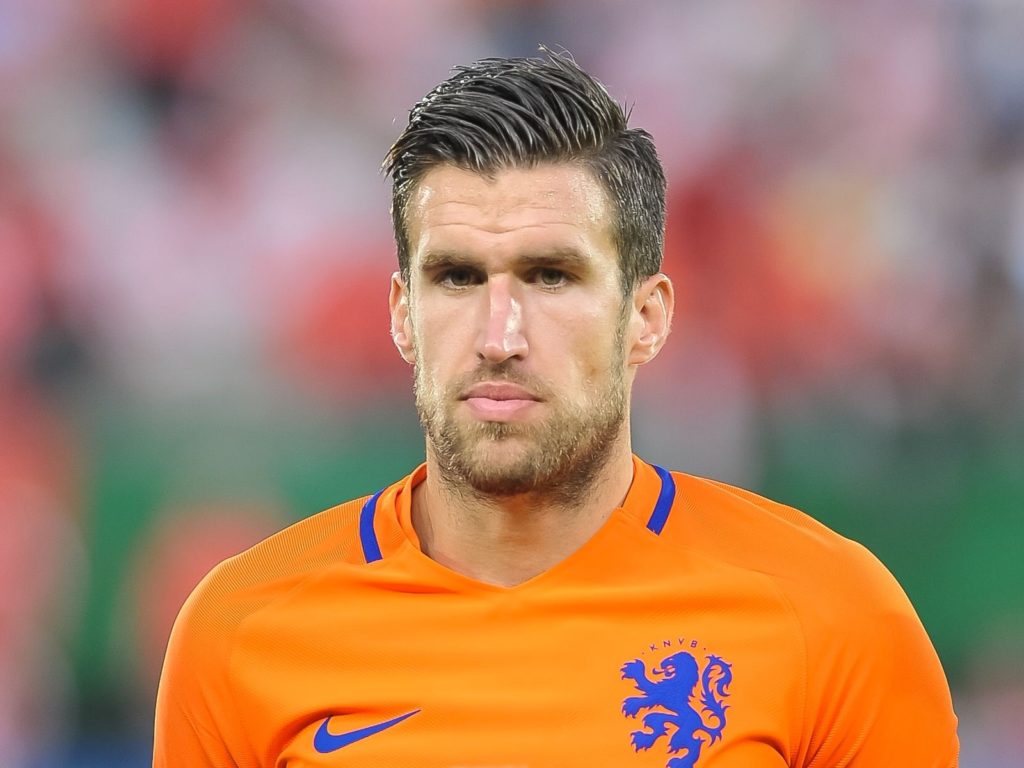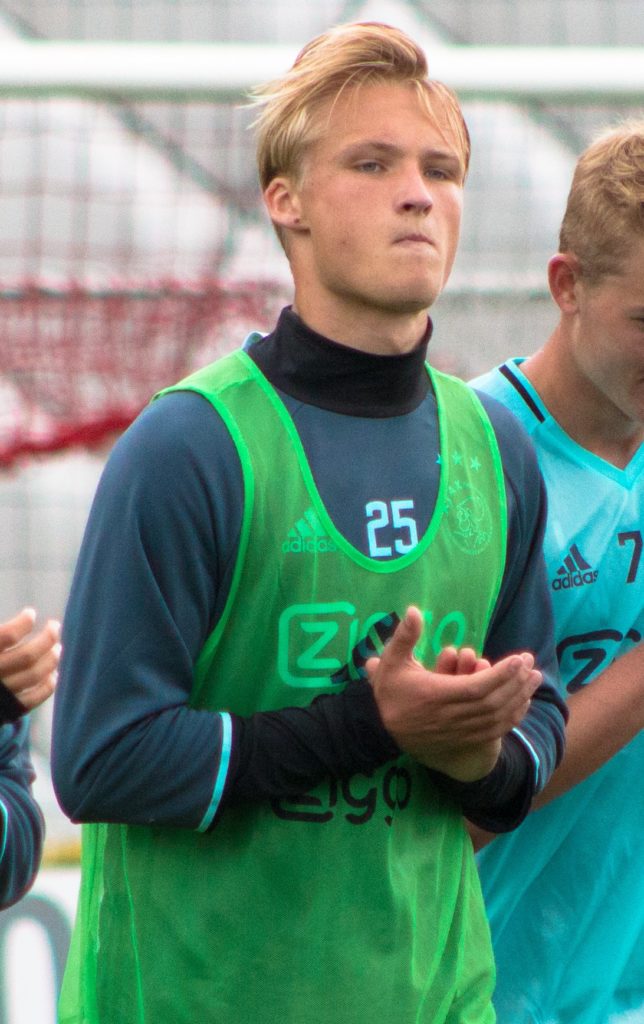With the Rotterdam giants four points clear with two games remaining, it’s almost certain that Ajax will miss out on the title for the third season in a row. At least this year it won’t be quite as spectacular as last season when they lost out to PSV after failing to beat De Graafschap on the final day (no disrespect, guys).
Feyenoord have consistently been the best team this year and I can already hear fans in the packed town centre doing their best impression of their brothers from Liverpool. This year’s celebrations look likely to imitate those of the 1999 title win. In 2002, on the other hand, celebrations of the club’s UEFA Cup win were muted out of respect to the late Pim Fortuyn.
The Godenzonen’s failure domestically may be due to their success in Europe. Ajax will welcome Lyon to the Amsterdam ArenA in the Europa League semi-final on May 3rd. They will be hoping to progress onto the final and win their first European title since 1995; a first for a Dutch club since Feyenoord won the then UEFA Cup in 2002.
An Ajax win could be huge for Dutch football. But why?
At the time of Ajax’s last European success, Dutch football was about to peak. That team was filled with the now legends of Kluivert, Seedorf, Davids and the like (Seriously… LEGENDS). The big boys of Europe came calling in the late 90s; namely Barcelona, who admired and developed the philosophies of Dutch football under the tutelage of Johan Cruyff.
Success in Europe continued into the 21st Century with Feyenoord’s success and PSV reaching the Champion’s League semi-finals in 2005. However, the last decade has been barren.
The simple truth is that Eredivisie clubs can’t compete financially. This is exemplified by the KNVB issuing warnings last year to six clubs to get their finances in order. The league doesn’t generate the same level of revenue from television deals as, say, the Premier League who saw the opportunity to make money and reformed in the early 90s. Nor do the clubs attract the same level of investment from abroad.
This is compounded by the drain of talent to bigger foreign clubs. Academy players are often signed before even making their first team debuts. You obviously all know who Tahith Chong is, right? He transferred from Feyenoord to Manchester United last Summer at the age of 16. If young players do make it into the first team they are often plucked after a few seasons.
Memphis Depay? Marco van Ginkel? Zlatan Ibrahimovic? Kevin Strootman? Georginio WIjnaldum? These are players Dutch clubs would have built their teams around given the chance, but the finances of the transfers like these mean that they have to sell in order to reinvest in the first team squad and other areas of the club.
So where do Ajax come in?
Behind their European success is a very young squad. When they beat Schalke in the quarter-final in Amsterdam the average age was 22!
Teenagers Dolberg, De Ligt and Kluivert, the son of club legend Patrick, have emerged this season. There is a ‘Golden Generation 2.0’ in the making and the real challenge will be keeping hold of them. Dolberg is already being touted for a transfer having scored 14 league goals.
The potential €8m Europa League prize money would go a long way too in helping to resist the overtures of foreign clubs. Keeping the squad together gives the club an opportunity for growth. Success in Europe would help convince young players to stay at the club, and may attract players from elsewhere to sign on.
[embedyt] https://www.youtube.com/watch?v=iX6cOA3kcvI[/embedyt]
What fans of Dutch football in general will be hoping is that a domino effect will occur; leading to the increase of the Eredivisie in general. For example, Ajax may have to loan higher quality players out to other domestic clubs to gain first-team experience. PSV and Feyenoord would need to stay on their toes in order to stay competitive.
The superstitious among you may think Ajax have found a simpler winning formula; a Kluivert in the squad. Fingers crossed.





